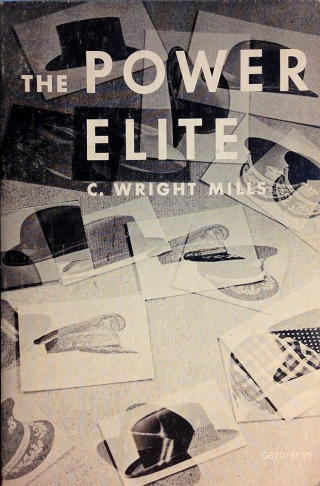C. Wright Mills wrote of these tendencies in his classic text The Power Elite, which foreshadowed the events of January 6 and the power dynamics and erosion of social norms that it represents. Driven by a deep understanding of the historical role that endemic inequality and powerlessness played in the rise of European fascism, Mills was compelled to expose the stark realities of elite power in postwar America and warn of the country’s authoritarian drift.
The Big Decisions
His approach, and sense of alarm, was derived from Franz Neumann’s Behemoth, a seminal analysis of the Third Reich’s distinct form of capitalism, marked by a coincidence of interests among interlocking yet competing institutional power blocs — in industry, the Nazi party, the state, and military — collaborating in a program of imperialist expansion and totalitarian governance. Top among their shared goals was to destroy subordinate classes’ bases of social solidarity and institutional intermediaries with the state — civic associations, political parties, and trade unions — and, of course, intimidate them with jackboot violence.
Mills took up Neumann’s mantle with a critique of the concentration of institutional authority in the United States, where elites were making “big decisions” like building up military budgets or waging secret wars that affected masses of people without their knowledge or consent. He conceived of elite power not as the province of any one individual, but as embedded in the leadership positions of the country’s top political, military, and economic institutions. Within this “interlocking directorate,” leaders moved seamlessly from one top institution to the next, forming an upper crust of the power structure from which all other institutions took their cues.
Against the notion of the US government as democratically accountable vis-à-vis a system of checks and balances, Mills pointed to the dominance of the executive branch and its ability to command key administrative bodies, stack the judiciary, veto laws, set foreign policy, and execute wars, essentially without Congress, the body closest to the people. Legislators exercised some regulatory authority over economic and military affairs, and sometimes set policy, but remained locked in a purgatory of competing interests and compromise.
